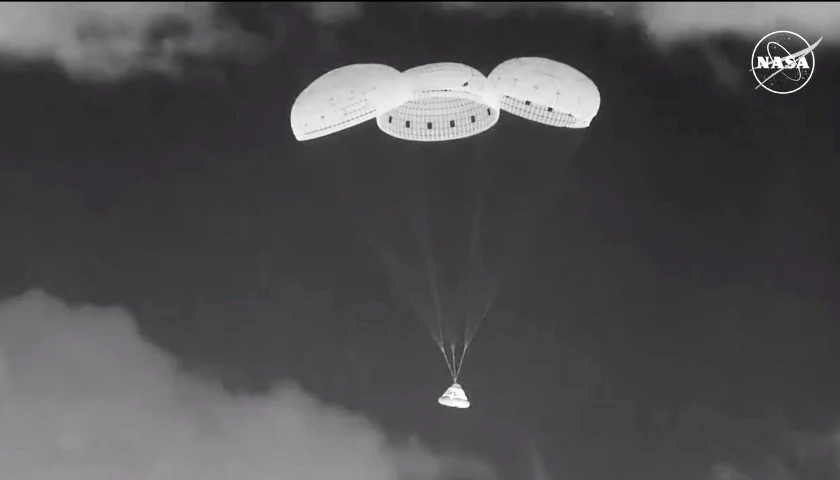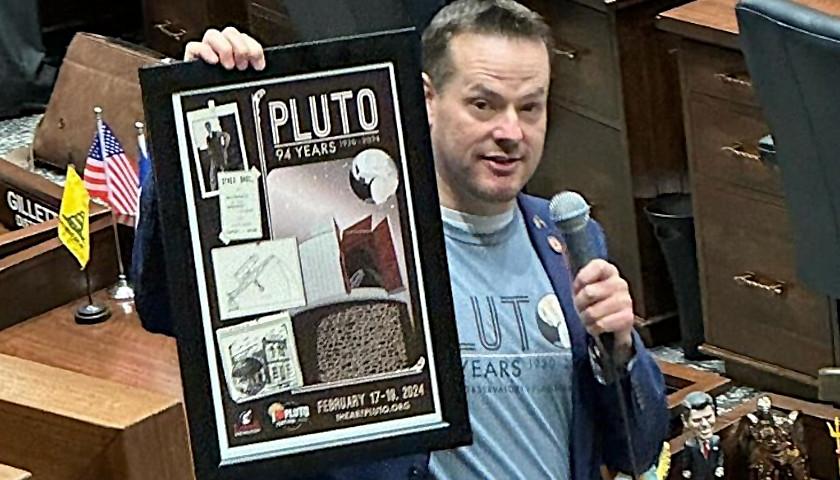NASHVILLE, Tennessee — A total solar eclipse is often attributed to various things.
Coincidence.
Magic.
Divine intervention.
The rare event is so grand that even scientists are moved to use words beyond the realm of science. Scott Bolton of NASA used all the words above when talking to reporters Monday at First Tennessee Park.
The city of Nashville hosted a sold-out eclipse viewing party at the ballpark, home to the Nashville Sounds minor league baseball team. Nashville was the largest U.S. city in the path of totality, along which the moon for a few minutes completely blocked the sun.
Bolton is the principal investigator for NASA’s Juno Mission, a program designed to learn more about the planet Jupiter. He was at the ballpark to speak to those in the crowd about the dramatic, once-in-a-lifetime event that would unfold before their eyes.
While a solar eclipse is in some ways mystifying, it’s also something that can be predicted with surprising accuracy.
“We know the moon’s orbit and we know the earth’s orbit very well,” Bolton said. “We measure these things over many years.”
In the past, people were limited by hand calculations. But computer technology enables us today to make accurate calculations far into the future, Bolton said.
The awe surrounding a total solar eclipse comes in its power to turn day into night, disrupting the normal pattern of everyday life. It throws animals for a loop, and amazes humans even when we know it’s coming.
“It’s an eerie nighttime,” Bolton said. “It’s not like any nighttime you’ve ever seen.”
The experience is often an emotional one.
“You’re literally experiencing a cosmic event,” Bolton said.
On social media, Christians posted a verse from the Bible to explain Monday’s spectacular display, found in Psalm 19:1: “The heavens declare the glory of God; the skies proclaim the work of his hands.”





